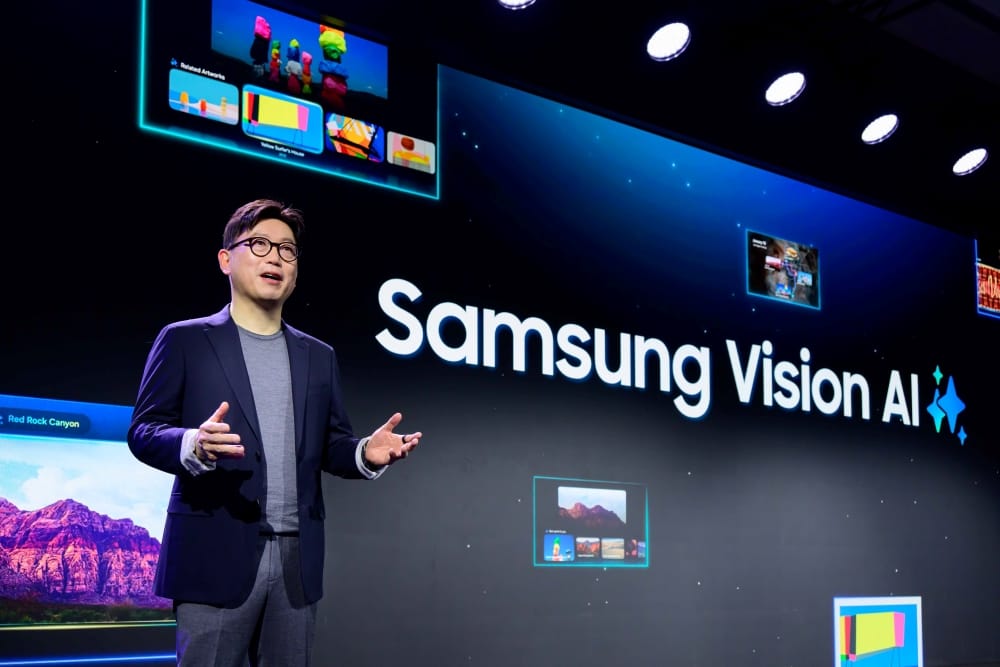Author: Derick David
There’s something beautifully absurd about Perplexity’s current situation. Here’s a company valued at $20 billion that has built what many consider a genuinely impressive AI-powered search engine, and yet you’d be hard-pressed to find anyone who actually uses it as their go-to search tool.
The past couple of weeks brought a double dose of bad news for Perplexity. First, a federal judge ruled that Google gets to keep Chrome.
Then Bloomberg broke the news that Apple had been seriously eyeing Perplexity over the summer but ultimately decided to pass on an acquisition.
Ouch for Aravind Srinivas.

Instead, Apple is doubling down on building its own search product that will directly compete with the startup it once considered buying.
It’s the kind of tech industry plot twist that would make a screenwriter blush. Apple essentially said, “Thanks for the demo, we’ll take it from here.”
The Valuation Paradox
Perplexity’s $20 billion valuation tells a fascinating story about how we value companies in the AI era.
Traditional metrics like user adoption and market penetration seem almost “quaint” when investors are betting on potential rather than performance.
The company has successfully positioned itself at the intersection of two of tech’s hottest trends: artificial intelligence and the potential disruption of Google’s search monopoly.

But you know what? When you need to find something online, you still type it into Google. It’s funny because Perplexity uses Google for its search results.
Maybe you’ll occasionally remember to try Perplexity for a complex research question, but for the vast majority of daily searches, muscle memory wins every time.
I’m not necessarily knocking on Perplexity’s technology. The platform genuinely offers a different approach to search, providing AI-generated summaries with citations rather than the traditional list of blue links.
It’s particularly useful for research-heavy tasks where you want information synthesized rather than just served up raw.
But not much after that, isn’t it?
The Apple Factor
Apple’s decision to walk away from acquiring Perplexity reveals something important about how Big Tech thinks about AI search.
Rather than buying an existing solution, Apple apparently concluded it could build something better in-house. This isn’t entirely surprising given Apple’s preference for controlling its entire technology stack, but it does suggest that even a $20 billion valuation wasn’t enough to convince Apple that Perplexity had cracked the code on search.
What are we seeing here? Well, the risk is that their innovations become features rather than standalone businesses. If Apple can build comparable search technology internally, what exactly is Perplexity’s moat?
Apple basically showed the world that Perplexity has nothing to offer.
That Perplexity is all just a pretty interface.
When Apple, a trillion-dollar company known for life-changing innovations, decides to pass on you, that’s them saying “we’d rather start from scratch than deal with your mess.”
The Google Problem
It may be a hard reality for many people, but Google owns search behavior.
It’s not even about having better tech anymore — it’s that people have been typing into that little Google box for twenty years, and breaking that habit is basically impossible.
Google has also become so synonymous with searching that it’s literally a verb in the dictionary. Breaking that kind of behavioral monopoly requires more than just better technology.
Personally, I have used Perplexity, but I find myself still coming back to Google. Why? Because it’s fast. Blazing fast. Milliseconds matter. Call me crazy, but what I love about Google is that it gives me options for results instead of one summarized result that I’m not sure it’s even real, given how much Perplexity hallucinates.
Perplexity faces the classic innovator’s dilemma in reverse. It may have built a superior product for certain use cases, but superior isn’t always enough to overcome the gravitational pull of existing habits and infrastructure.
It’s not over
Adding insult to injury for Perplexity, just last week, federal judge Amit Mehta ruled that Google gets to keep Chrome while avoiding a forced breakup, dealing a significant blow to hopes that antitrust action would level the playing field for search competitors.
Behind the scenes, you could imagine Perplexity CEO is not happy.
While the judge did order some remedies, including barring Google from exclusive distribution contracts and requiring the company to share certain search data with competitors, these changes fall far short of what would be needed to meaningfully challenge Google’s dominance.
The ruling is particularly frustrating for Google’s rivals, including Perplexity. Gabriel Weinberg, founder and CEO of rival search engine DuckDuckGo, wrote that the remedies “don’t go far enough” and that “Google will still be allowed to continue to use its monopoly to hold back competitors, including in AI search”.
For a company like Perplexity, which is trying to carve out space in the search market, this represents a missed opportunity for the kind of structural changes that might have opened doors.
Judge Mehta explained his reluctance to order more dramatic remedies by noting that courts are being asked to “gaze into a crystal ball and look to the future. Not exactly a judge’s forte”.
But for Perplexity and other search challengers, this judicial caution translates into continued market dominance by a competitor that has both massive resources and a documented track record of maintaining its monopoly through anticompetitive practices.
The data-sharing requirements might seem like a consolation prize, but they’re unlikely to help a company like Perplexity, which is already struggling with accuracy issues.
Having access to some of Google’s search data doesn’t solve the fundamental problem of building reliable AI systems that don’t hallucinate false information nearly half the time.
The Perplexity story is ultimately about the strange economics of the AI boom. Companies can achieve massive valuations based on potential and positioning, even if their actual usage remains niche.
It’s not necessarily sustainable, but it reflects investor belief that the search landscape is ripe for disruption.
Whether Perplexity can convert its impressive valuation into actual market share remains an open question. The company clearly has smart technology, talented people, and significant funding, but it’s competing against both entrenched user behavior and well-funded tech giants who are now building their own AI search products.
The real test won’t be whether Perplexity can raise more money or achieve higher valuations. It’ll be whether anyone actually starts using it when they need to find their local pizza place’s phone number or check what time the movie starts.
Sometimes the most valuable companies aren’t the ones people use most. But in search, usage ultimately determines everything else.




